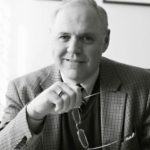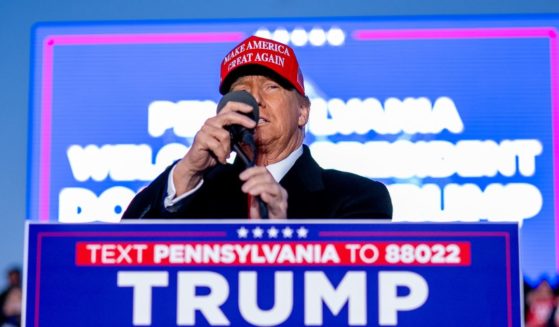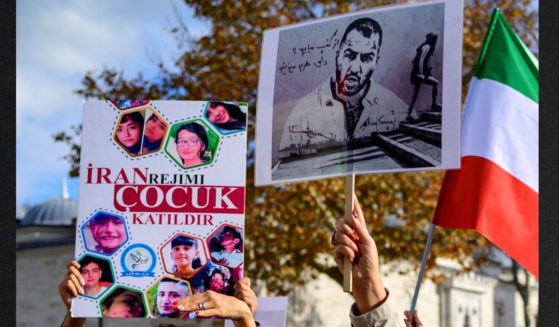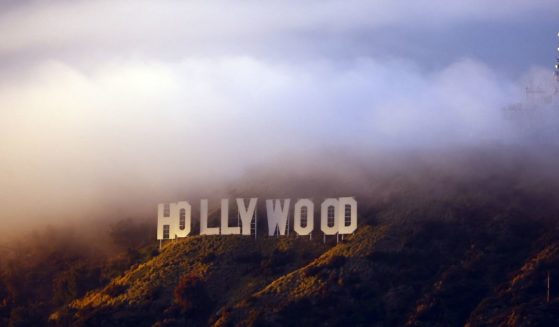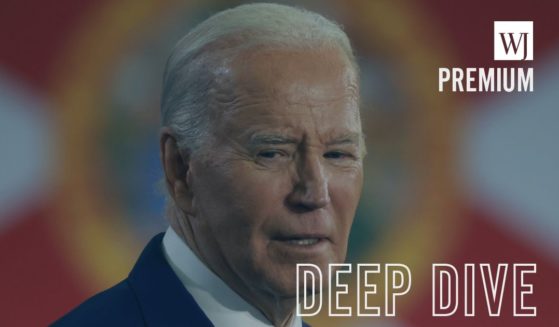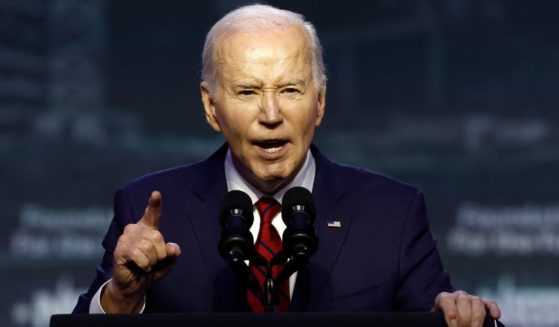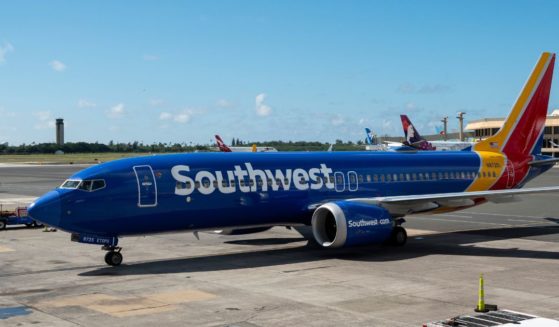Op-Ed: Don't Desecrate the Memorials of Our Forebears - Honor the Past to Build for the Future
There is no higher camaraderie than between reconciled brothers. There is no lower connivance than reconciliation revoked.
Yet memorials and great halls of learning erected by generations past to seek reconciliation among brothers formerly entangled in war are being systematically destroyed. The better word may be “desecrated.” For we read in Scripture, “Remove not the ancient landmark, which thy fathers have set” (Proverbs 22:28). The verse comes from the wisdom literature of the Bible. Wisdom is what we need in this hour.
To cavalierly dismantle the signs of solidarity fiercely won after so bitter and costly a contest is a shameful act of unprecedented disrespect to those who died, their widows and orphans, those soldiers who sought peace and union, and those families that remain.
My great-grandfather, Joseph A. Milton, served alongside my great-grandmother’s brother, John B. Vining, who was killed in action in the Shenandoah Valley campaign. My great-uncle is buried at the Confederate cemetery in Charlottesville. My great-grandfather limped home from Gettysburg. My grandfather was thus a “war baby.”
My wife’s forefathers fought for the Union. She is rightly proud of her drummer boy forebear in an Indiana infantry. I am, too. For on this side of history, we should show honor to all and malice toward none. These men were sons of War of 1812 veterans and grandsons of Revolutionary War veterans.
My point in raising personal history is that such family ties to monuments desecrated or memorials nullified exist across the country and on both sides of that national tragedy. For the sake of unity, let us cease the desecration of monuments consecrated in loving memory and dedicated to patriotic hope.
It is chronological arrogance to denounce the prayerful consecration of earlier generations. It is also a blatant repudiation of an earlier national resolve to seek peace among families and create a united country.
The recommendations to rename bases, destroy monuments and disavow earlier promises are wrong. You cannot erase the names of the dead without impugning the names of the living. You cannot dismantle a memorial to the fallen without denying the memory of the surviving. To dismantle our history is to dishonor our people.
The mistaken actions to discredit America’s heritage by destroying dedicated artifacts of the South are not only wrong but unwise. The needless disruption is far from Lincoln’s vision: “With malice toward none, with charity for all, with firmness in the right as God gives us to see the right, let us strive on to finish the work we are in, to bind up the nation’s wounds.”
Benevolent gestures to Southern states and giving Confederate veterans, widows and orphans support from the Department of Veterans Affairs functioned very well. Today, the demographics of our military show an overwhelming majority of service members are recruited from former Confederate states (Texas, Florida, Georgia and North Carolina are the leaders).
Let me be clear: There is no sense in reviving sectionalism by promoting such a statistic, but the present reckless decisions to nullify the covenants made by our great-grandparents require a blunt reply.
So what is the answer?
I didn’t agree with most of his policies, but in the face of rising tensions, President Barack Obama placed a wreath of honor at the Confederate Memorial at Arlington and a wreath at the African American Civil War Memorial. This was the right response. The president honored the past to build for the future.
The lesson is clear: Instead of removing monuments that previous generations dedicated to fulfilling the dream of national unity, erect new statues, name new installations, christen new ships and set a standard for this generation so that future Americans can say, “These things mattered to them. Therefore, touch not these stones of remembrance.”
No less than Ronald Reagan offers wisdom for the ages as we hold the ambiguity of history in one hand and immovable values in the other. Consider Reagan’s words:
“Robert E. Lee, this southerner who criticized secession and called slavery a great moral wrong, would become himself an American legend. … After the dissolution of his cause, he would work to bind up the Nation’s wounds. And to those pessimistic about the nation’s future, he once said, ‘The truth is this: The march of Providence is so slow and our desires so impatient; the work of progress so immense and our means of aiding it so feeble; the life of humanity is so long and that of the individual so brief, that we often see only the ebb of the advancing wave and are thus discouraged. It is history,’ he said, ‘that teaches us to hope.’”
One need not seek to erase the past to create the future. Recognize memorials that we inherited. To “touch not the ancient marker” is a sign of respect for those who helped shape our lives today. Don’t destroy. Build. Seek to outdo each other in showing honor to the other.
Such a movement of honoring the diverse populations among us will work toward our vision of E Pluribus Unum, “out of many, one.” That is really the strength of “diversity” — when the gifts and wisdom of many unite to form one.
Such a concept has another name: “family.” If we follow this path to mutual understanding, it may be that generations yet unborn will one day erect a statue honoring the generation that rejected divisiveness and chose instead to honor God and encourage each other.
I ask you: What force can dismantle such honor? What enemy can defeat such unity? What foe can depose such strength?
Let’s honor the past, let God’s love and forgiveness transform painful family episodes, and let’s build for the future.
CORRECTION, June 1, 2023: Then-President Barack Obama placed a wreath of honor at the Confederate Memorial at Arlington and a wreath at the African American Civil War Memorial in 2009. An earlier version of this article gave a different name.
The views expressed in this opinion article are those of their author and are not necessarily either shared or endorsed by the owners of this website. If you are interested in contributing an Op-Ed to The Western Journal, you can learn about our submission guidelines and process here.
Truth and Accuracy
We are committed to truth and accuracy in all of our journalism. Read our editorial standards.
